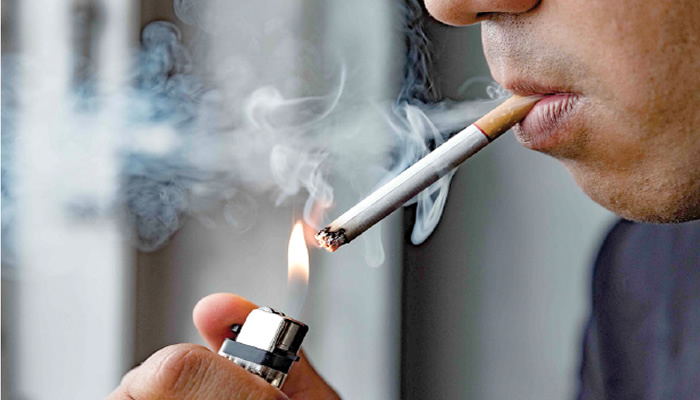The specter of tobacco-related illnesses and deaths looms large over Nigeria, prompting calls for more effective strategies beyond conventional anti-smoking policies. A new report, “The Lives Saved Report: Nigeria & Kenya,” highlights the potential of tobacco harm reduction (THR) to significantly mitigate this public health crisis. THR advocates for the adoption of safer smoking alternatives, such as nicotine pouches, heated tobacco, and e-cigarettes, as a means to transition smokers away from the deadly effects of combustible cigarettes. The report emphasizes the urgency of this approach, arguing that existing measures like taxation, advertising bans, and public smoking restrictions, while helpful, are insufficient to address the needs of smokers who struggle to quit entirely. By embracing THR, Nigeria has the opportunity to chart a new course towards a smoke-free future, grounded in scientific evidence, compassionate policy, and common-sense solutions.
The core principle of THR is to minimize the harm associated with tobacco consumption by offering smokers less harmful alternatives. Instead of completely eliminating nicotine, which is addictive but not the primary cause of smoking-related diseases, THR focuses on eliminating the burning of tobacco, the main source of harmful chemicals. This approach recognizes that many smokers find it extremely difficult to quit nicotine altogether and provides a pathway for them to continue using nicotine without the devastating health consequences of traditional cigarettes. The report underscores the fact that while THR is gaining global momentum, it remains largely misunderstood in Nigeria. Policymakers and regulators, it argues, tend to rely heavily on the World Health Organization’s MPOWER framework, which, while valuable, does not prioritize harm reduction despite being permissible within the WHO Framework Convention on Tobacco Control. This over-reliance on traditional approaches, the report cautions, risks jeopardizing a major public health opportunity.
A key challenge facing THR implementation in Nigeria is the prevalence of misinformation. Fear-based campaigns, often fueled by incomplete or inaccurate information, have led many Nigerians to wrongly believe that safer alternatives are as harmful as, or even worse than, regular cigarettes. This widespread misconception underscores the critical need for robust public education initiatives. The report urges universities, research institutions, and public health agencies to take a leading role in generating local data on safer smoking alternatives, providing evidence-based information to counter the prevailing misinformation. By fostering a more informed public discourse, Nigeria can empower smokers to make healthier choices based on scientific evidence rather than fear-mongering.
The report draws inspiration from countries like the United Kingdom, Sweden, and New Zealand, which have successfully implemented THR strategies. Sweden, in particular, stands out as a shining example, on track to become the world’s first smoke-free nation due to its widespread adoption of smokeless tobacco products. These success stories demonstrate the tangible benefits of embracing harm reduction. The report argues that THR not only benefits individual smokers but also offers a cost-effective strategy to alleviate the economic burden of tobacco-related diseases on Nigeria’s healthcare system. By reducing preventable hospital admissions, THR can contribute significantly to the country’s broader efforts to achieve universal health coverage.
While Nigeria has yet to formally adopt harm reduction policies, there are promising signs of progress. Advocacy groups and private health institutions have begun organizing workshops and stakeholder sessions to introduce THR concepts to the public, laying the groundwork for broader acceptance and eventual policy changes. Dr. Yussuff Adebayo, Global Director for Research and Thought Leadership at Global Health Focus, acknowledges the slow pace of progress but emphasizes the growing momentum. He stresses the importance of persistent advocacy for reforms based on scientific evidence rather than stigma.
The report concludes with a call for collaborative action. It emphasizes that collaboration among health professionals, non-governmental organizations, researchers, community influencers, and policymakers is crucial to correct public misconceptions and encourage informed decision-making among smokers. By working together, these stakeholders can build a supportive environment for THR implementation, ultimately saving thousands of lives and paving the way for a healthier, smoke-free future for Nigeria. This requires a concerted effort to disseminate accurate information, address public concerns, and promote the adoption of safer alternatives as a viable strategy to combat the devastating impact of tobacco-related diseases.


